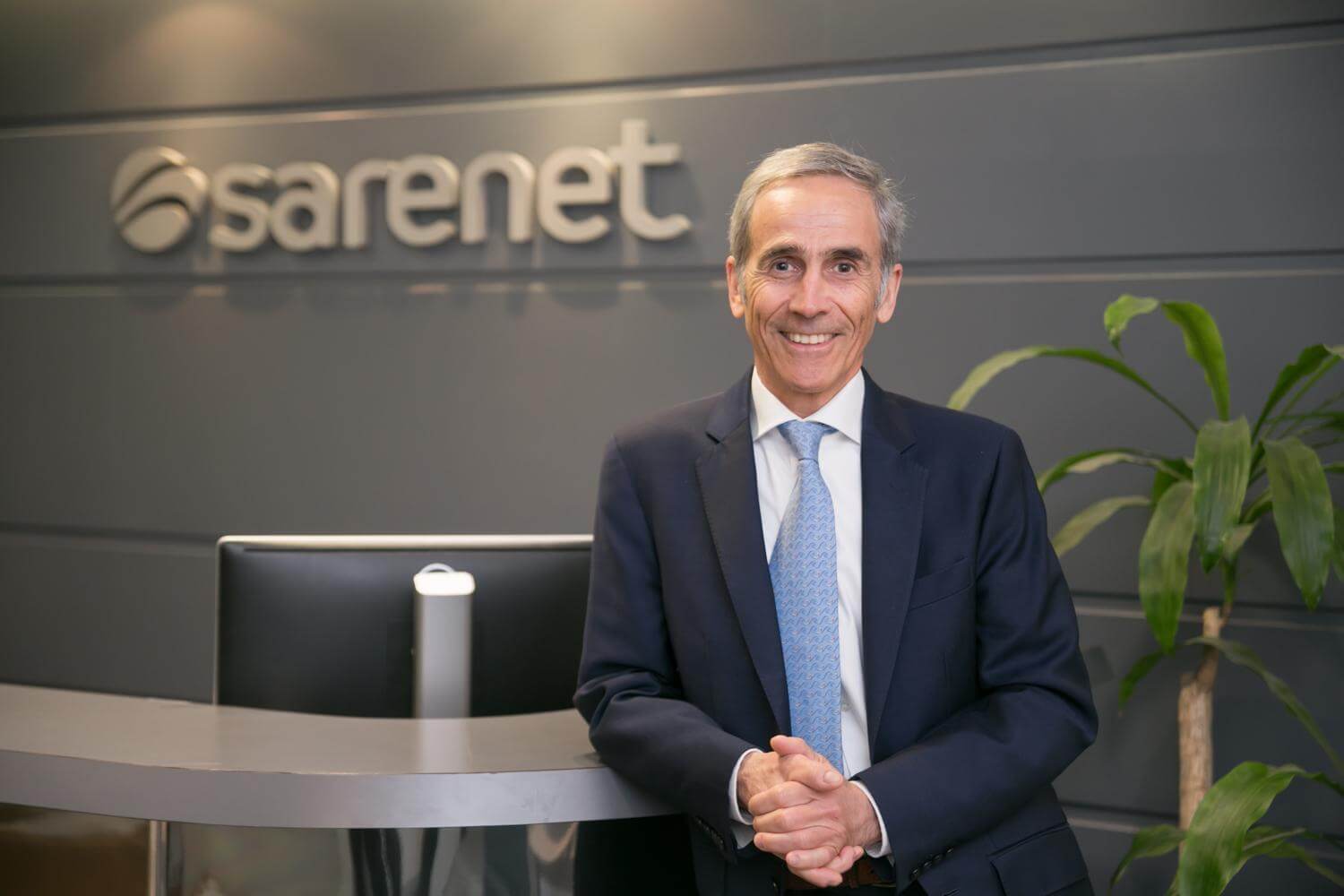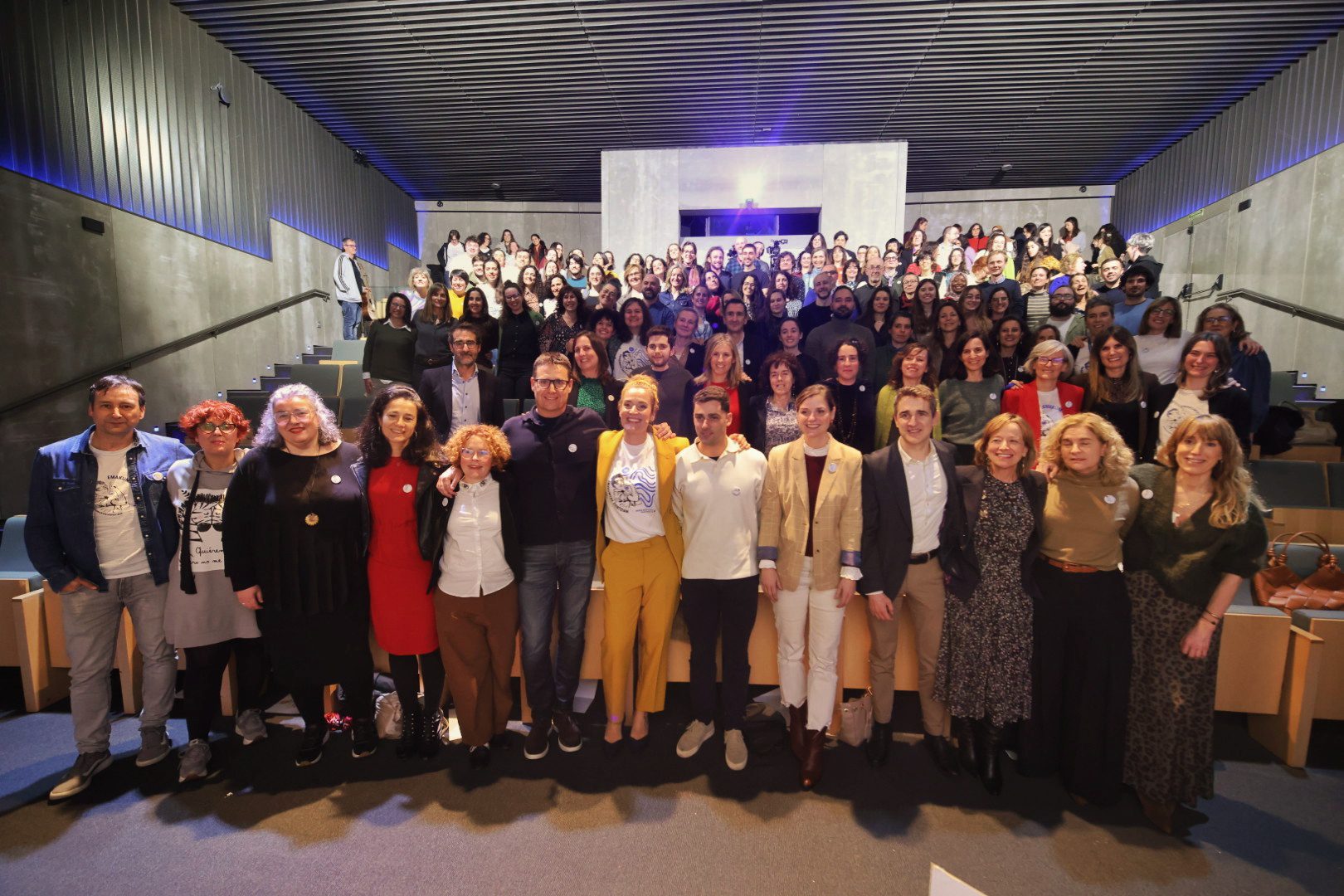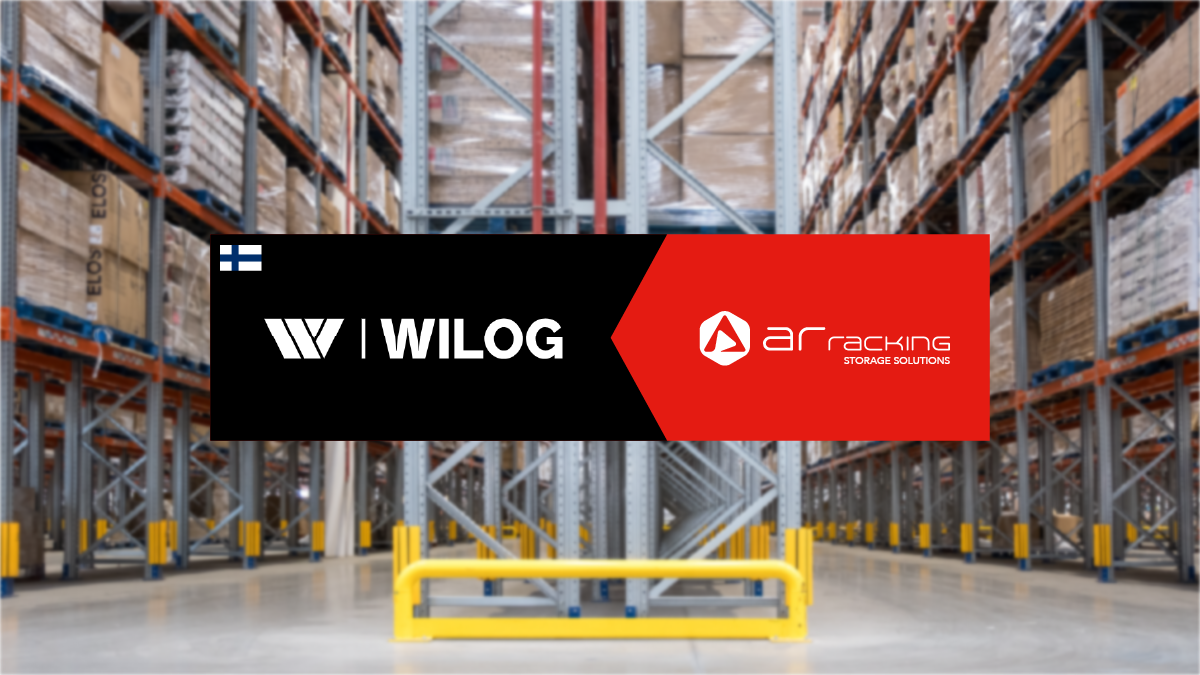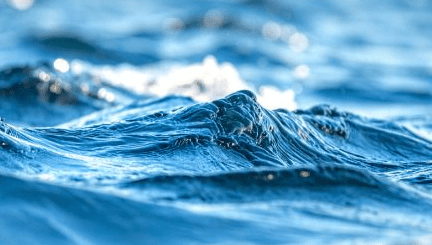GAIKER collaborates in the development of a tool to assess the impact of advanced materials
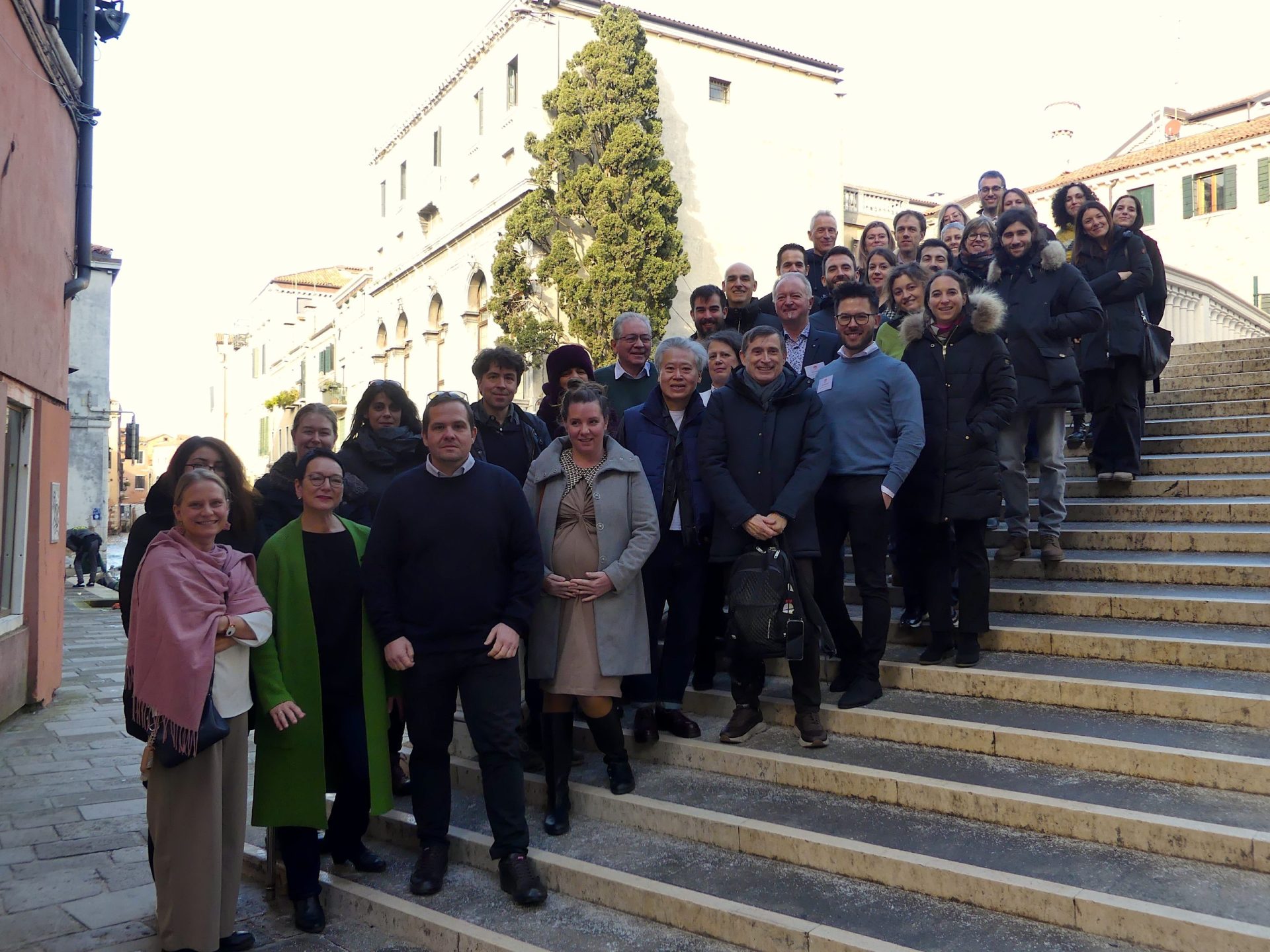
The European SUNRISE project will promote the development of advanced materials that are safer for people, the environment and more sustainable from the early stages of product development to the end of their useful life.
The GAIKER Technology Centre, a member of the Basque Research Technology Alliance, BRTA, is one of the 19 partners participating in the European project Safe and Sustainable by Design: Integrated Approaches for Impact Assessment of Advanced Materials, SUNRISE.
As part of the European Union’s Horizon programme, SUNRISE has been launched with the aim of developing, over the next three years, a tool to assess the impact of advanced materials on human health, the environment, society and the economy, and thus be able to make decisions on the safety and sustainability of these materials from design and throughout the life cycles and value chains.
This tool will be presented as a user-friendly web platform and a guide addressing the challenges of implementing the SSbD (Safety and Sustainability by Design) strategy.
Advanced materials (AdMas) are new materials with improved properties that are specifically designed to perform better than conventional materials (higher strength, durability, lightness…) used for the same purpose.
In order to analyse whether these materials are safer for people and the environment and more sustainable, this research arises in which GAIKER will mainly be in charge of establishing the methodological blocks to assess environmental safety and human health (assessment criteria, thresholds, classes and tools). To achieve this end, the Technology Centre will assess, on the one hand, the applicability of in vitro models for assessing the safety of advanced materials and, on the other, it will adapt and develop New Approach Methodologies (NAMs) and Integrated Approaches to Testing and Assessment (IATA) that can be used to assess the safety of AdMas for the environment and human health in a cost-effective way, avoiding animal experimentation.

